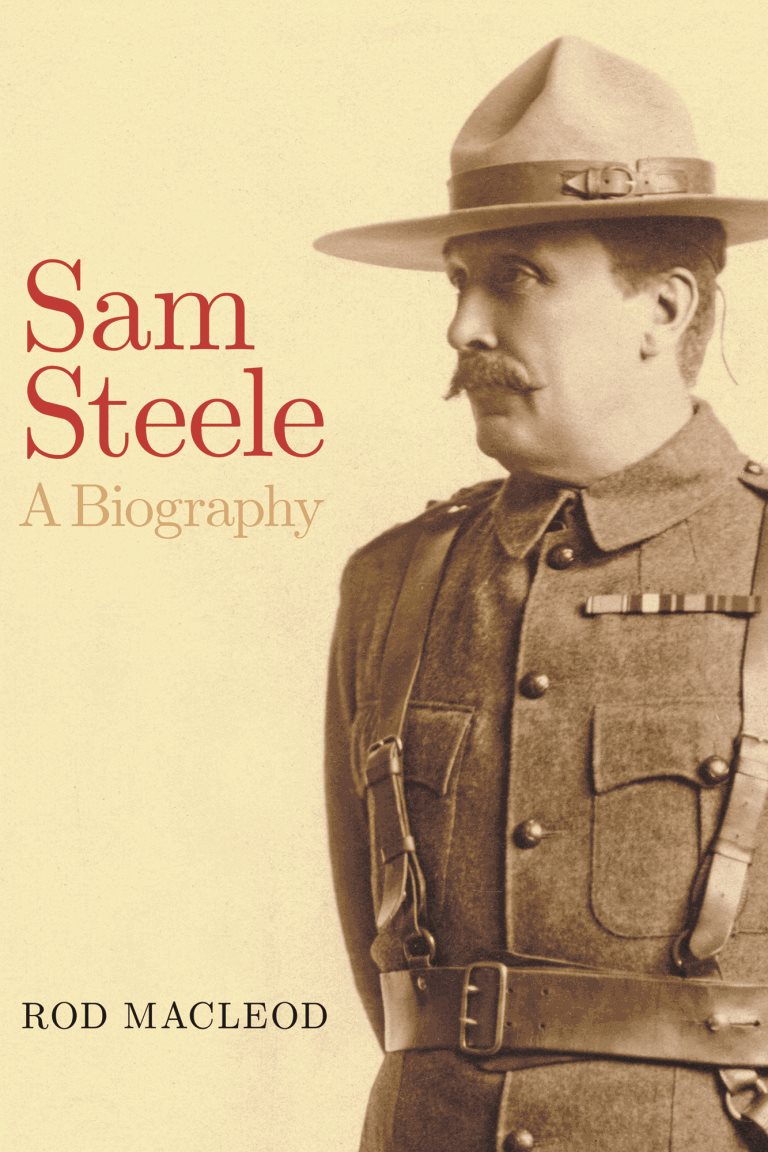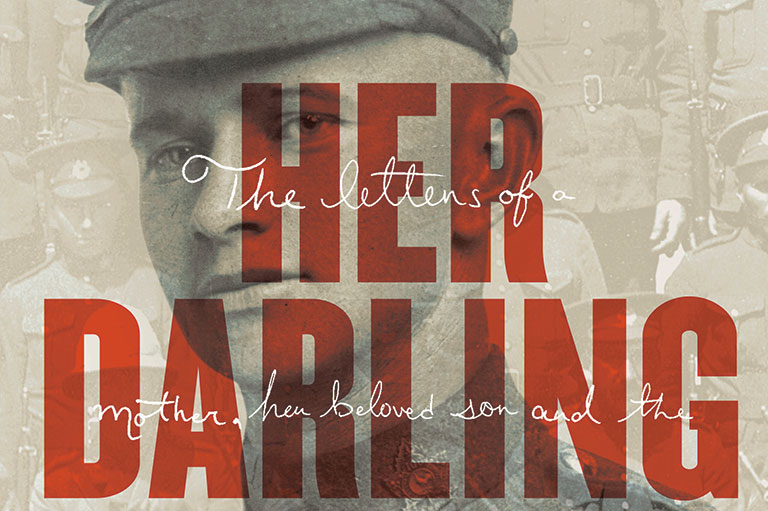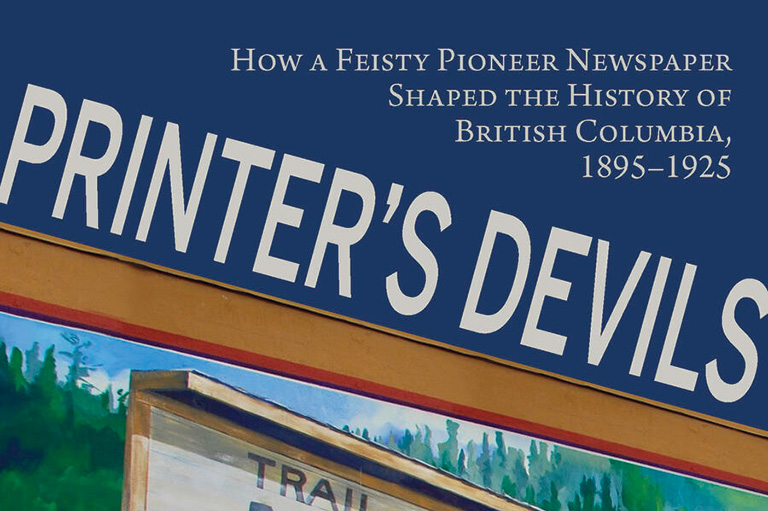Sam Steele

Sam Steele: A Biography
by Rod Macleod
University of Alberta Press, 320 pages, $39.99
Rod Macleod’s new biography of Sam Steele follows the rise of one of Canada’s most famous Mounties at the turn of the twentieth century. Macleod draws from Steele’s extensive diaries and letters spanning nearly thirty-five years. From Steele’s beginnings growing up near Orillia, Ontario (or Canada West, as it was known in 1848), through his rise in the North West Mounted Police and advancement to inspector general of Western Canada, the book paints a clear and personal story of an ambitious and resourceful figure in Canadian history.
Readers are reminded at nearly every turn of the page of the challenges and difficult living conditions of the period. While establishing an outpost in British Columbia that was later named in his honour, Steele and some of the men under his command suffered from typhoid fever. Yet their work continued. Eight major buildings needed to be constructed from the ground up before winter set in. In Dawson, Yukon, Steele is credited with averting large-scale starvation by creating regulations that required anyone making the dangerous journey into the city to travel with at least six months supply of food.
Steele maintained a strict routine, regardless of the temperature or time of year. “I have been busy all day and have carried out my daily routine,” he explains in one of his many detailed letters to his wife. “Up at 7:00 walk one mile to the town station inquire if anything had transpired during the night, signed the book, walk up the long hill and then down the short steep one then breakfast, 9 AM. Then inspect the cells and prisoners, sign the book.” And his letter continues: “Then lunch – then the office until four o’clock, then three miles up the Klondyke on the ice, then up a long hill which takes ten minutes to ascend, then over the Mt through the upper town two miles to the top of the high hill behind the barracks, then down to quarters this in 1 1/4 hours so you see I walk….”
Macleod’s biography emphasizes the temperamental nature of politics in Canada at the turn of the twentieth century. Personal or family connections to the government in power meant the difference between an appointment to a position of power or being passed over for promotion. After Steele worked very hard in Dawson to establish and to maintain law and order, governments and priorities changed, and he was dispatched back to Ottawa with next to no reason given. He had gained the respect of the community of Dawson to such an extent that several thousand residents waited at the docks to wish him well.
While Macleod has written a wellresearched and highly accessible biography, a few difficulties arise from his relying on personal journals and letters. The author’s recounting of land disputes and treaty negotiations between Indigenous communities and settlers reads, at times, as one-sided. For another perspective on Indigenous and NWMP relations during this period, readers might look to works by Métis historian Jean Teillet.
In his diaries, Steele likely omitted some of the less-than-favourable details of his career and his personal life. Macleod also suggests that Steele’s son Harwood may have censored the diaries for the years 1870 to 1885, and again for 1887; these volumes are mentioned in Steele’s autobiography yet are missing from the full collection that is now housed at the University of Alberta.
This book will be appreciated by those who enjoy reading about the details of life in some of the most remote outposts of western and northern Canada from the 1870s through to the First World War and by anyone interested in the history of the mounted police and the Klondike gold rush.
We hope you’ll help us continue to share fascinating stories about Canada’s past by making a donation to Canada’s History Society today.
We highlight our nation’s diverse past by telling stories that illuminate the people, places, and events that unite us as Canadians, and by making those stories accessible to everyone through our free online content.
We are a registered charity that depends on contributions from readers like you to share inspiring and informative stories with students and citizens of all ages — award-winning stories written by Canada’s top historians, authors, journalists, and history enthusiasts.
Any amount helps, or better yet, start a monthly donation today. Your support makes all the difference. Thank you!
Themes associated with this article
Advertisement




